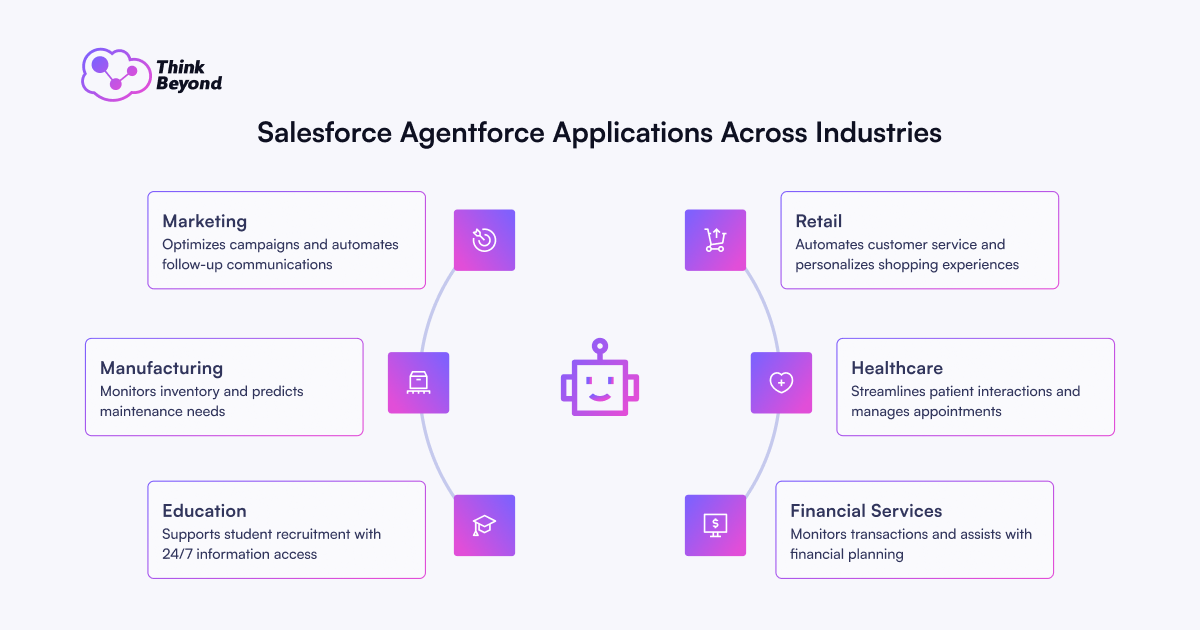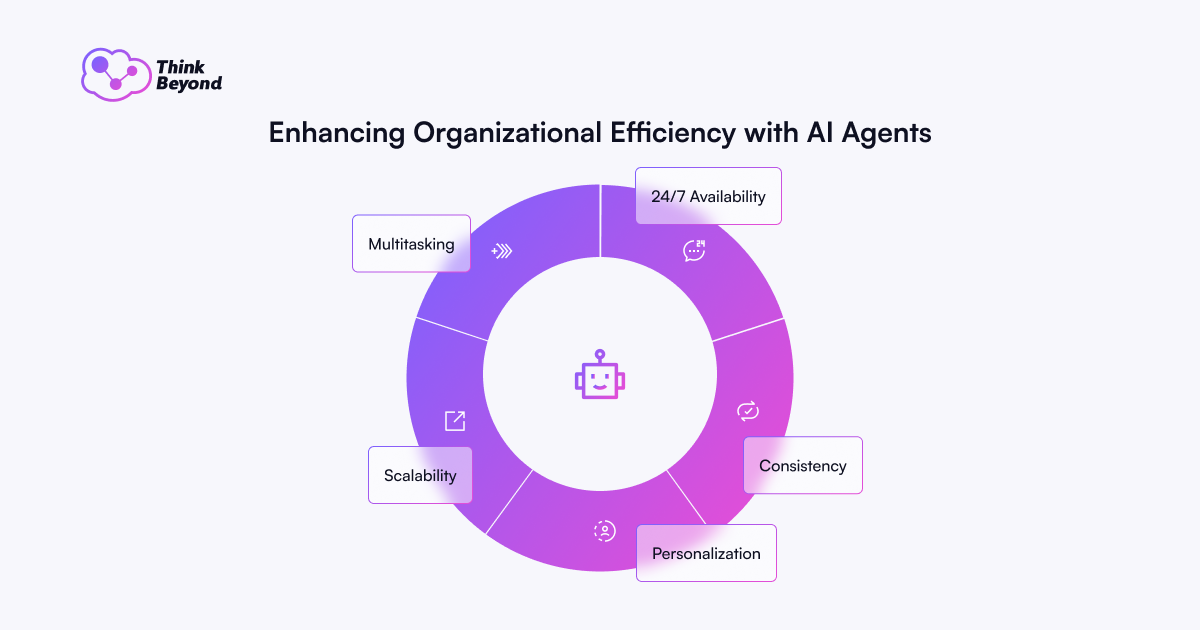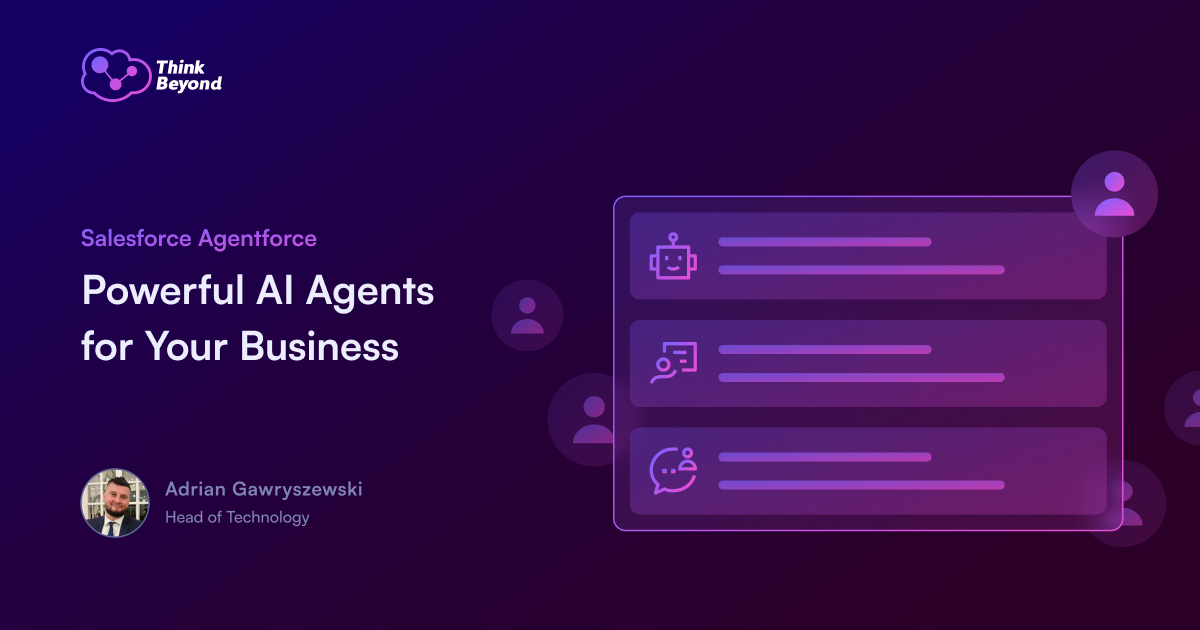A few decades ago, implementing autonomous agents based on generative AI in business seemed more like a vision than a real solution.
Recently, Salesforce announced that 200 Agentforce deals were closed in the last week of October 2024. The future is here.
In this blog post, we take a look at how AI agents can be an invaluable asset in organisations’ day-to-day activities and how to get started with Agentforce.
What is Salesforce Agentforce and How Does It Work?
With the latest wave of Gen AI, people are realising that Agentforce could be a perfect choice for content creation. But it’s not just about that. Clara Shih, CEO of Salesforce AI, explains:
As a copilot, you might ask for help writing an email, preparing content for the website, or something similar. As an agent, Agentforce can handle more complex tasks, such as asking, “What should I do with customers?” or “What should I prepare for them next?” The answer might be to write an email, schedule a meeting, or take another appropriate action based on the customer’s journey.
The difference is enormous: with agents, you can ask them higher-order questions and let them execute the plans they create.
Understanding the Agentforce Agent Framework
Agentforce AI agents are designed with five key attributes that define their functionality and effectiveness in various business contexts: role, data, actions, guardrails, and channel.

- Role: This attribute specifies the jobs and tasks the agent is designed to perform. Agents can take on diverse roles, including customer support representatives, sales executives, and marketing assistants.
- Data: Agentforce autonomous AI agents use both structured and unstructured data sources. They can access real-time information from your CRM and other external data sources without copying or syncing data.
- Actions: Agents are programmed to execute specific actions, such as answering questions, automating workflows, or generating reports. This capability allows them to perform tasks autonomously.
- Guardrails: These are the guidelines that define what the agent should not do. Guardrails ensure that agents operate within ethical boundaries and do not generate inappropriate or harmful responses.
- Channel: This attribute refers to the medium through which the agent operates, such as websites, messaging platforms like Slack, or email systems.
When you define these attributes, the AI agents are ready to do their job and to function autonomously while delivering tailored solutions that meet the needs of your business.
Furthermore, Agentforce lets businesses tweak the standard agents to fit their specific needs across multiple roles. Here’s how you can customise the AI agents:
You can customise service agents to handle customer inquiries, manage support tickets, and provide real-time assistance. That way, they can respond accurately and promptly.
- Sales Development Representatives (SDRs) can be customised by providing tools to automate lead qualification and follow-up processes. These agents can leverage existing Salesforce tools, such as flows and APIs, to manage sales pipelines efficiently.
- Sales Coaches are there to provide sales teams with personalised training and feedback. With customisation, they can analyse performance data and suggest ways to improve.
- Personal shoppers recommend products based on customer preferences and past purchases. Integrating with CRM data makes the shopping experience more personalised.
- Campaign optimizers analyse campaign performance metrics and recommend real-time adjustments, making marketing more effective.
Agent Builder is the tool for making the necessary customisations. Thanks to this low-code environment, you can quickly define agent roles, specify actions, and gather contextual data without extensive coding.
What powers the work of AI agents? They use the vector database in the Data Cloud. And more importantly, it enables the processing of unstructured data (such as text or multimedia).
The Data Cloud is at the heart of everything in the Salesforce platform. That means it ensures the seamless flow of data between different Salesforce apps and tools.

What Are the Use Cases for Salesforce Agentforce?
AI agents can be very supportive in many industries. They’re great for businesses looking to take advantage of the digital transformation because they can be used in many ways and industries. So, where could the easy to customise out-of-the-box Agentforce AI Agents be implemented?
Retail
In the retail sector, Agentforce can automate customer service interactions, manage order inquiries, and provide personalised shopping experiences. For instance, a personal shopper agent can recommend products based on customer preferences and past purchases.
Healthcare
Healthcare providers can use Agentforce to streamline patient interactions, manage appointment scheduling, and provide service information. Agents can assist patients with routine inquiries, freeing up staff for more complex cases.
Financial Services
Financial institutions can deploy agents to monitor transactions, detect fraud, and assist clients with financial planning or loan applications. These agents can automate credit decisioning processes, enhancing efficiency and customer satisfaction.
Education
Educational institutions can utilise Agentforce to support student recruitment efforts. Agents can provide information about programs, tuition fees, and campus facilities, assisting prospective students 24/7.
Manufacturing
In manufacturing, Agentforce agents can monitor inventory levels, track orders, and predict equipment maintenance needs. They can proactively flag potential supply chain delays or production issues.
Marketing
Marketing teams can leverage Agentforce to optimise campaigns by analysing performance metrics and suggesting real-time adjustments. Campaign optimiser agents are responsible for automating follow-up communications based on customer data.
…and many more. The list of industries and possible applications of Agentforce Agents is not closed.

How Do Service Agents Working Together Enhance Performance?
AI agents you can customise are a significant asset. They’re all about making things more efficient and working closely with people to ensure organisations run as smoothly as possible. There are lots of benefits to using AI agents:
- They can handle queries and manage tasks simultaneously, enabling them to respond more quickly.
- They can also provide a 24/7 service so that companies can respond to their customers at any time.
- Agentforce can scale with business growth, enabling more agents to be deployed when needed.
- Thanks to their data-driven design, agents deliver consistent, error-free conversational responses.
- They use relevant information to tailor their responses, which improves customer satisfaction

Strategies for Optimising Agentforce Service Agents
There are a few simple ways that companies can work with Agentforce to make their teams more productive and collaborative. It’s estimated that about 41% of employee time is spent on repetitive, low-impact work. If we automated more processes, we could probably shave a lot of that time off. By teaming up with Agentforce AI agents as partners in the customer experience, businesses can let these agents handle time-consuming tasks, freeing up human agents to focus on more valuable activities.
The goal is a future where AI works with humans and agents make us more capable without replacing anyone. By combining the best of AI and human intelligence, companies can create a dynamic work environment that encourages innovation and efficiency. These strategies help Agentforce streamline workflows and transform how teams collaborate and deliver fantastic customer experiences.

